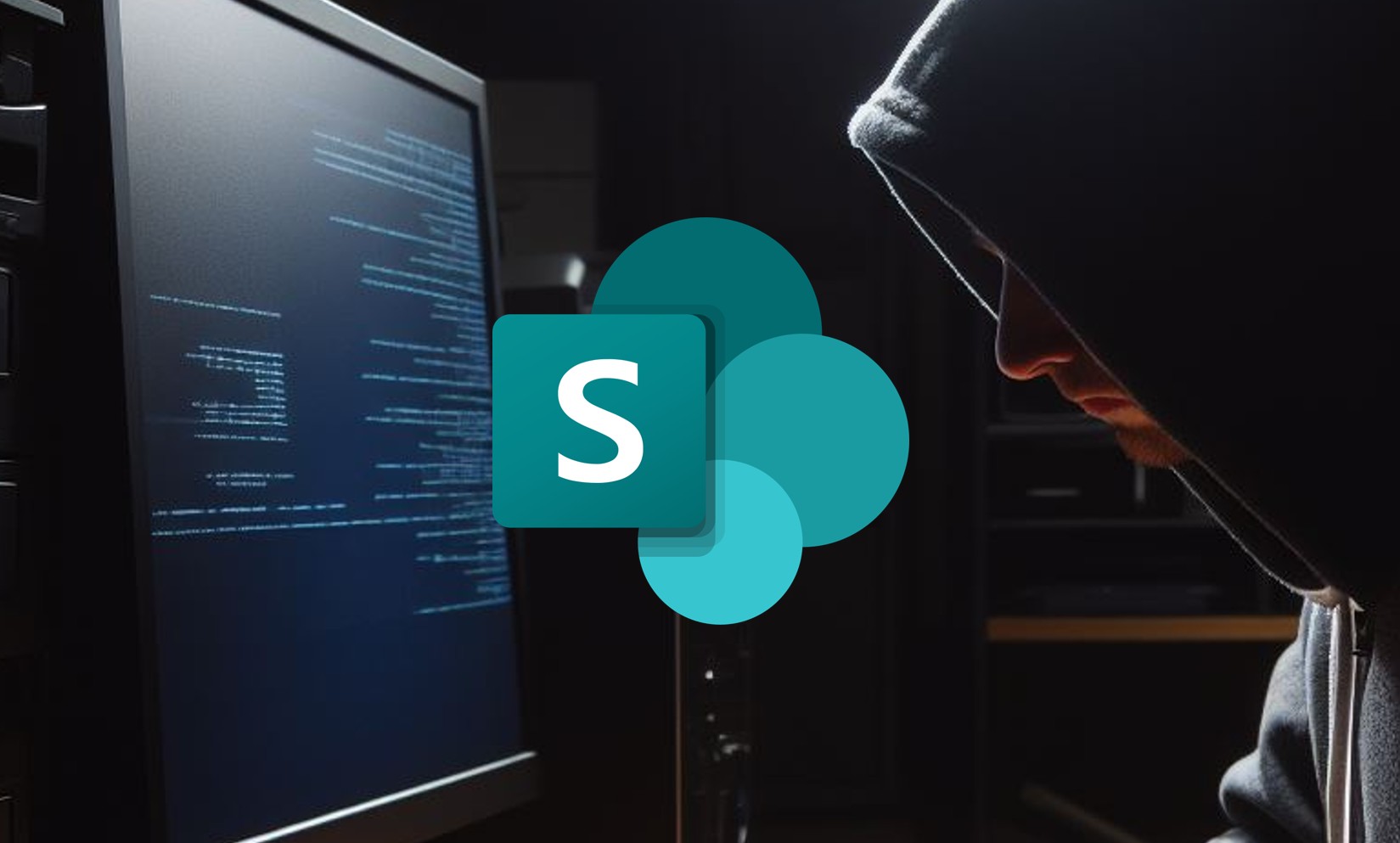
Microsoft ha reso nota una vulnerabilità critica in SharePoint Online (scoperta da RHC grazie al monitoraggio costante delle CVE critiche presente sul nostro portale), identificata come CVE-2025-59245, con un punteggio CVSS v3.1 di 9.8/10.
La falla riguarda la deserializzazione di dati non attendibili (CWE‑502) e permette a un attaccante remoto di ottenere un’elevazione di privilegi senza necessità di credenziali o interazione dell’utente. Se sfruttata attivamente da criminali informatici, questa vulnerabilità potrebbe mettere a rischio milioni di utenti.
L’episodio sottolinea come, dopo gli incidenti su servizi cloud come AWS, Azure e Cloudflare, il cloud stia sempre più diventando un “single point of failure”, dove un singolo bug critico può compromettere enormi quantità di dati aziendali e personali.
La vulnerabilità sfrutta la deserializzazione di dati provenienti da fonti non attendibili. In pratica, un attaccante può manipolare oggetti serializzati che SharePoint Online deserializza in modo insicuro, ottenendo la possibilità di eseguire codice arbitrario o elevare i propri privilegi. Questo rende possibile il controllo amministrativo sulla piattaforma, compromettendo documenti, flussi aziendali e dati sensibili. Il punteggio CVSS riflette sia la facilità di sfruttamento sia l’impatto grave su confidenzialità, integrità e disponibilità.
SharePoint Online è un servizio cloud ampiamente utilizzato da aziende, pubbliche amministrazioni e organizzazioni internazionali per gestione documentale e collaborazione. La compromissione di un tenant può portare a accesso non autorizzato ai dati, manipolazione dei documenti e interruzioni operative, con potenziali conseguenze legali e reputazionali. La mancanza di requisiti di autenticazione e interazione utente aumenta ulteriormente il rischio di sfruttamento remoto.
La vulnerabilità è stata riservata su NVD a settembre 2025 e pubblicata ufficialmente il 20 novembre 2025, con aggiornamento il 21 novembre. Microsoft l’ha inclusa nel proprio Security Update Guide, ma al momento della pubblicazione non erano disponibili exploit pubblici né patch. Il servizio essendo cloud-based, la gestione delle mitigazioni e degli aggiornamenti dipende direttamente dal provider, rendendo cruciale il monitoraggio da parte delle organizzazioni.
Anche se SharePoint Online è un servizio cloud e Microsoft applicherà direttamente le patch lato server, le organizzazioni non devono abbassare la guardia. È fondamentale verificare lo stato del proprio tenant, monitorare eventuali attività sospette e assicurarsi che controlli di accesso, privilegi e integrazioni API siano configurati correttamente. Queste misure riducono il rischio residuo derivante da configurazioni errate o da eventuali tentativi di sfruttamento precedenti all’applicazione della patch, garantendo così la sicurezza dei dati aziendali anche in ambienti cloud gestiti.
La CVE‑2025‑59245 evidenzia quanto la sicurezza del cloud aziendale sia critica.
Con un punteggio di 9.8, sfruttabile da remoto senza autenticazione, la vulnerabilità rappresenta un pericolo reale per la confidenzialità, integrità e disponibilità dei dati. Organizzazioni e amministratori devono agire subito, implementando controlli, mitigazioni e monitoraggio costante per prevenire accessi non autorizzati e possibili danni operativi o reputazionali.
Ti è piaciuto questo articolo? Ne stiamo discutendo nella nostra Community su LinkedIn, Facebook e Instagram. Seguici anche su Google News, per ricevere aggiornamenti quotidiani sulla sicurezza informatica o Scrivici se desideri segnalarci notizie, approfondimenti o contributi da pubblicare.

 Cybercrime
CybercrimeLe autorità tedesche hanno recentemente lanciato un avviso riguardante una sofisticata campagna di phishing che prende di mira gli utenti di Signal in Germania e nel resto d’Europa. L’attacco si concentra su profili specifici, tra…
 Innovazione
InnovazioneL’evoluzione dell’Intelligenza Artificiale ha superato una nuova, inquietante frontiera. Se fino a ieri parlavamo di algoritmi confinati dietro uno schermo, oggi ci troviamo di fronte al concetto di “Meatspace Layer”: un’infrastruttura dove le macchine non…
 Cybercrime
CybercrimeNegli ultimi anni, la sicurezza delle reti ha affrontato minacce sempre più sofisticate, capaci di aggirare le difese tradizionali e di penetrare negli strati più profondi delle infrastrutture. Un’analisi recente ha portato alla luce uno…
 Vulnerabilità
VulnerabilitàNegli ultimi tempi, la piattaforma di automazione n8n sta affrontando una serie crescente di bug di sicurezza. n8n è una piattaforma di automazione che trasforma task complessi in operazioni semplici e veloci. Con pochi click…
 Innovazione
InnovazioneArticolo scritto con la collaborazione di Giovanni Pollola. Per anni, “IA a bordo dei satelliti” serviva soprattutto a “ripulire” i dati: meno rumore nelle immagini e nei dati acquisiti attraverso i vari payload multisensoriali, meno…